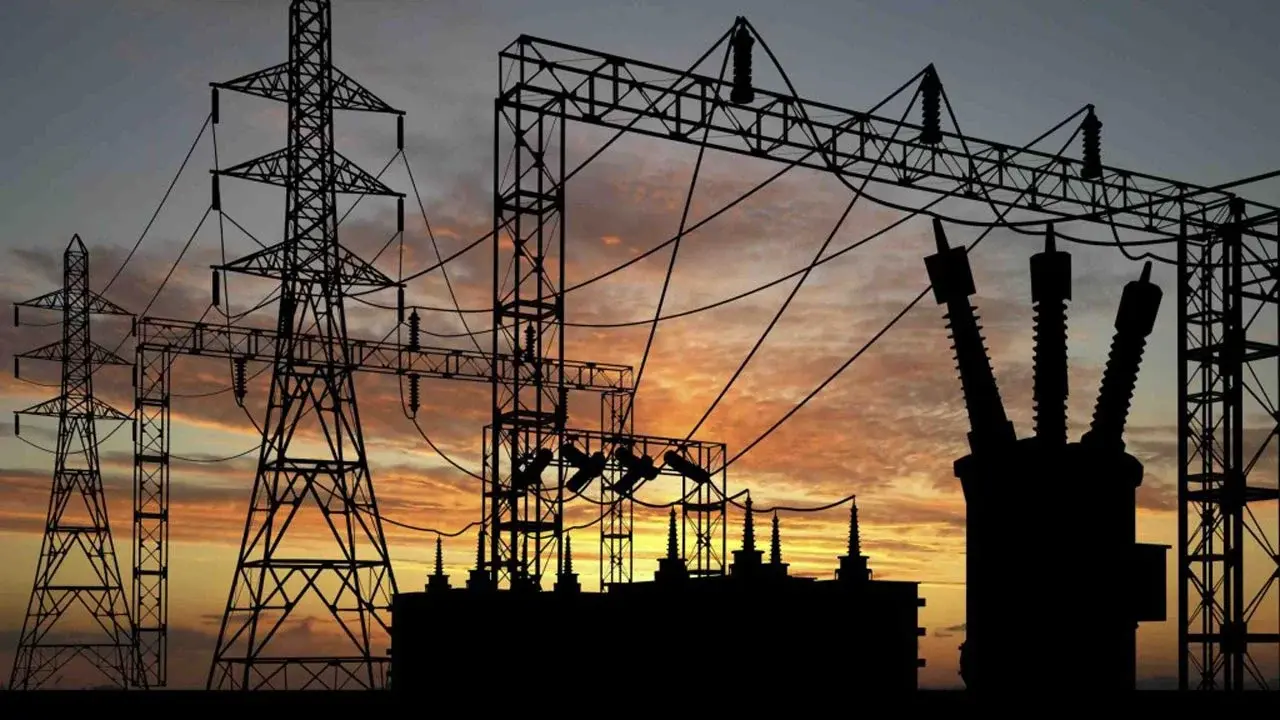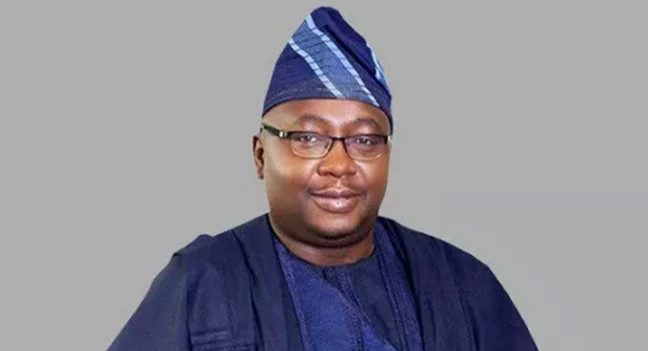Nigeria’s Electricity Regulatory Commission (NERC) recently approved a huge increase in tariffs for consumers enjoying 20 hours of power supply daily, from N68 per kilowatt hour to N225kWh. The move, aimed to reduce the $2.6 billion worth of subsidies for the sector, has raised questions about the reliability of power supply and the accuracy of consumer billing. In this report, Gom Mirian delves into consumers’ experiences affected by the tariff hike and examines the challenges facing the national power grid
Consumer Experiences and Concerns
Ayoade Oladele, a resident of Asokoro, expressed dissatisfaction with the recent tariff hike, highlighting the discrepancy between the promised 20 hours of daily electricity and the actual supply. “We were promised 20 hours of electricity daily, but we hardly get more than 12 hours. With the increased tariffs, it has become unbearable to manage our household expenses,” he says.
He emphasised the need for the government to ensure that promised services are delivered and prevent further burdening citizens.
Similarly, Mrs. Ahmed from Maitama voiced concerns about the impact of the tariff hike on her household budget, stressing the need for an efficient power supply before implementing such increases. Stating, “We had to adjust our lifestyle after the previous tariff hike, and now with this further increase, it is becoming increasingly challenging to make ends meet.”
Chukwuma Okafor, a resident of Apo, raised questions about the transparency of the electricity billing system and called for measures to ensure accurate billing for consumers.
At the Garki International Market, traders confirmed the increment in electricity tariffs, with some acknowledging improved service delivery but expressing concerns about the impact on their businesses.
“The electricity tariff hike has seriously affected my business because I don’t pay light bills with anyone and my bill is times four now, so I will have no choice but to increase the price of my services,” says Nguamo, a fashion designer at the market.
Grid Challenges and National Power Supply
The recent collapse of Nigeria’s national power grid has further compounded the challenges facing the new 20-hour minimum power supply requirements. The collapse, the fifth this year, has highlighted the country’s inability to provide reliable power despite the tariff hike for wealthier consumers.
Findings by AHR show that Abuja DisCo was allocated 378MW, Ikeja Electric 373MW and Eko DisCo 317MW, significantly lower than the load needed to maintain the supply for the new tariff.
Meanwhile, the Transmission Company of Nigeria, (TCN) blamed the latest collapse on a fire incident at the Afam power generating station.
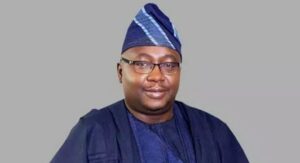
The head of the Nigerian electricity regulator, Musiliu Oseni, defended the tariff increase, citing its potential to end grid collapses and attract investment into the sector. However, the recent grid collapse has underscored the ongoing challenges in maintaining a stable and reliable power supply.
Policy Implications and Alternative Solutions
The Minister of Power, Adebayo Adelabu, stated that the new electricity tariff hike would only affect a small percentage of consumers in the sector. However, human rights lawyer Femi Falana raised objections to the tariff increase, alleging that the government is attempting to raise funds for cash-strapped electricity distribution companies and to extend electricity tariff hike beyond Band A consumers to other Nigerians categorised under other bands.
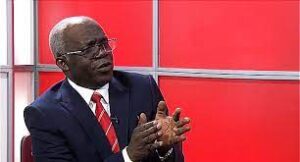
Falana said: “So, the poor people that he (the minister) is talking about, the other bands, very soon, the government is going to extend the increases to them so that the N1.4trn the minister is talking about will be recovered.
“They (the government) are increasing tariff to assist the cash-strapped discos, the majority of which have now been taken over by the banks and AMCON, and the banks and AMCON have no competence to run electricity companies.”
Analysts’ Perspectives
Some analysts have criticised the tariff increase for favoring wealthier consumers and exacerbating power shortages for the majority of Nigerians. They have called for alternative solutions to address the country’s electricity challenges, drawing on successful experiences from other countries such as Germany and Denmark, which have embraced renewable energy sources to reduce costs and carbon emissions.
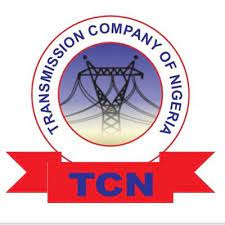
The recent electricity tariff hike in Nigeria has sparked widespread debate and criticism, with consumers expressing concerns about the reliability of power supply and the impact on their household budgets. The collapse of the national power grid has further highlighted the challenges facing the sector, raising questions about the effectiveness of the tariff increase in addressing these issues.
Call for Equitable Policies
As Nigeria grapples with its electricity challenges, there is a growing call for transparent and equitable policies that prioritize efficient power supply for all citizens. Drawing on international experiences, the country could explore alternative energy sources and strategies to reduce costs while ensuring reliable electricity for its population.

